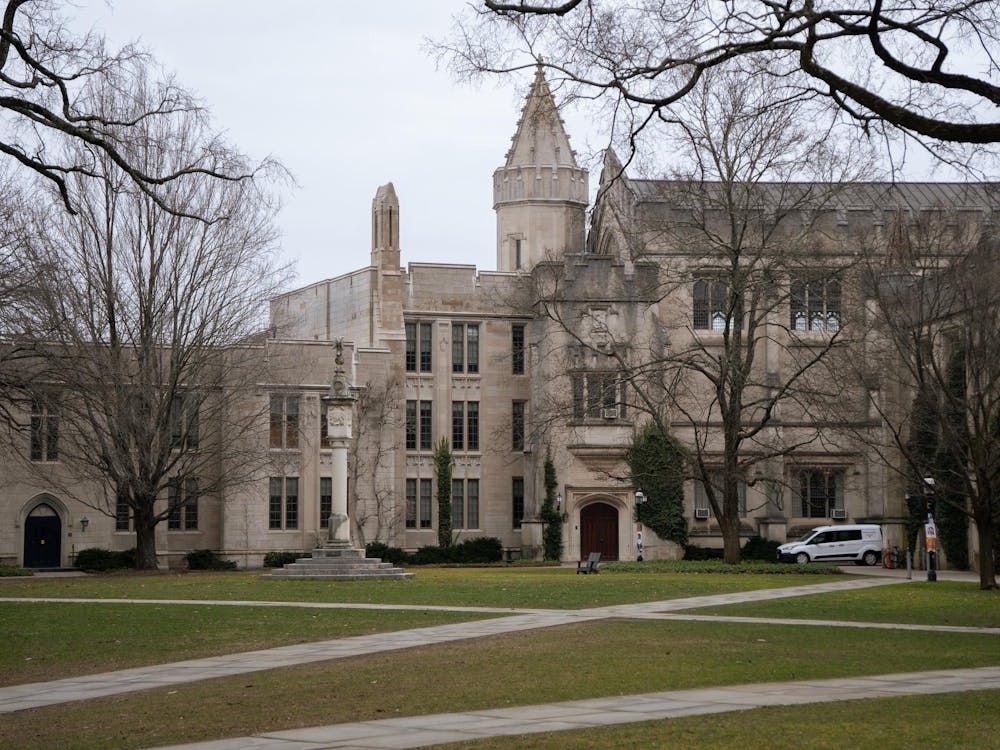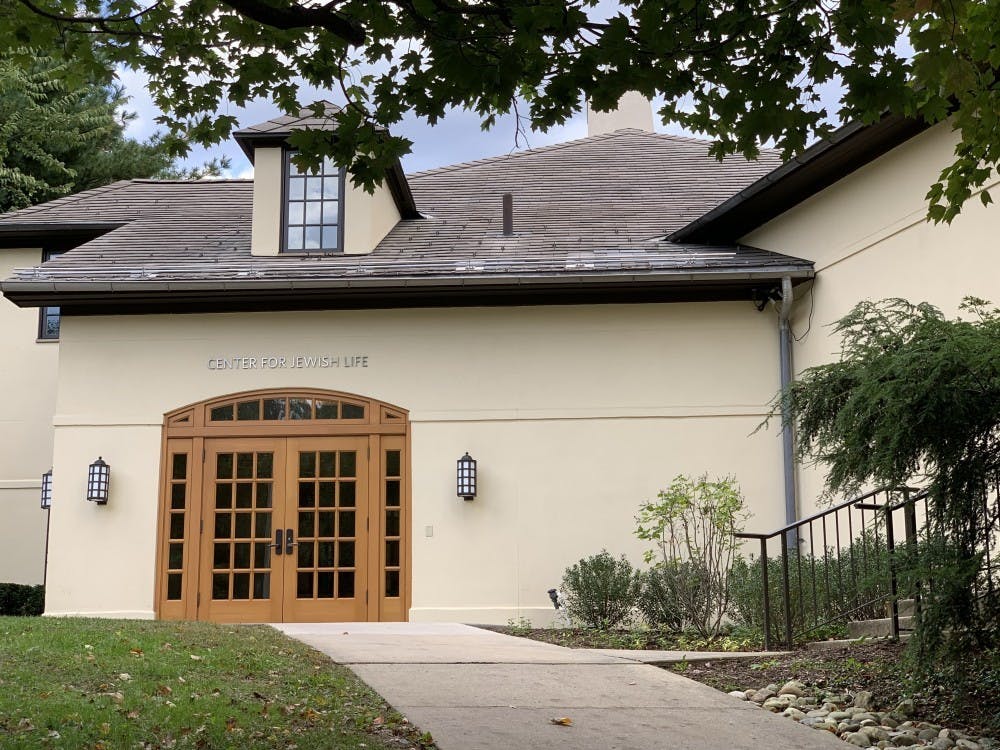Toward the end of last year, as most of us were trying to figure out which classes to take this semester, the subject of good and bad professors often came up when my friends and I were trying to choose courses. For the best and worst ones, all one has to do is scan through the evaluations on ICE or go to a website like RateMyProfessor in order to gauge the general consensus. However, even when the official course evaluations don’t have much to say about a certain professor, word of mouth works just as well. For example, when the economics department decided to change up the assignment of professors to courses this year, word spread quickly that Harvey Rosen would be teaching ECO 100: Introduction to Microeconomics in the fall instead of in the spring, and long before the official course catalog came out, many students knew that Rosen was going to be the fall term professor. A cursory glance through previous years’ evaluations for ECO 100 is enough to determine that Rosen is one of the most popular and well-liked professors for the course, one of the select few who can make a full house at McCosh 50, which seats a whopping 480 students, seem like a small class.
However, Rosen isn’t a good professor because it pays more; he teaches well because he wants to. The administration provides no real incentive for faculty to expend any effort in teaching, yet teaching is often required as part of a research fellowship or grant. This problem is most apparent with tenured faculty, who need to merely go through the motions to continue to do research, knowing they cannot be affected by a negative reputation as a teacher. A poorly taught upper-level course would quickly lose its students, but this is not necessarily the case for introductory courses if the students enrolled in it have to take the course as a prerequisite for the major they are interested in. Such students would have to stick with the course despite the sub-par lecturer. However, the students that take intro courses to get a taste of a potential major can be completely discouraged from majoring in that field just because of one or two bad experiences with the quality of teaching in such introductory courses. While there are certainly professors who are simply incapable of making lectures engaging and interesting, most of the time the problem is a lack of motivation, not a lack of ability. The problem is that the University is requiring people uninterested in teaching to teach basic, “boring” courses, without creating any sort of incentive or pressure to do so.
Every year there are new professors at Princeton, a small number of which are visiting professors from other schools, where they are usually full-time faculty. In some cases, these visiting professors are at Princeton to do research, but many of them are here on academic fellowships of some sort and are primarily here to teach a course. The general impression seems to be that these visiting professors place more importance on ensuring that students understand the material, even if they might make the courses and the grading slightly easier than usual. Although it’s still early in the semester, the professor for ORF 245: Fundamentals of Engineering Statisticsthis year, who is at Princeton on a one-year teaching fellowship through the Keller Center, has already established a very different atmosphere from the one that I experienced last year when I shopped the course for a few lectures each semester. A fellowship like this requires a visiting professor to specifically apply for it, knowing that his primary responsibility would be teaching, not research. This kind of self-selection, combined with the selection process for visiting professors, results in the average visiting professor being much more engaging in the lecture hall than the average Princeton professor.
The perennial complaints about apathetic and aloof professors seem to revolve mostly around large introductory lecture courses, which are not very numerous and do not require much specialization to teach. As much as Princeton likes to advertise that every professor must teach an undergraduate course to demonstrate how dedicated the University is to undergraduate education, the reality is that many of them greatly prefer to teach fewer students in a more advanced or graduate-level course and view teaching introductory courses as a chore instead of an opportunity. Tenure frees professors from pressure by the administration, but it can also breed apathy, which hurts the students. Perhaps the way to circumvent this issue is to have visiting professors teach these courses. They cannot be pushed around by administration but will not be thinking about tenure and research either, and there is probably no shortage of capable and enthusiastic professors who would be willing to spend a year or two at a place like Princeton.
Spencer Shen is a sophomore from Houston, Texas. He can be reached at szshen@princeton.edu.







